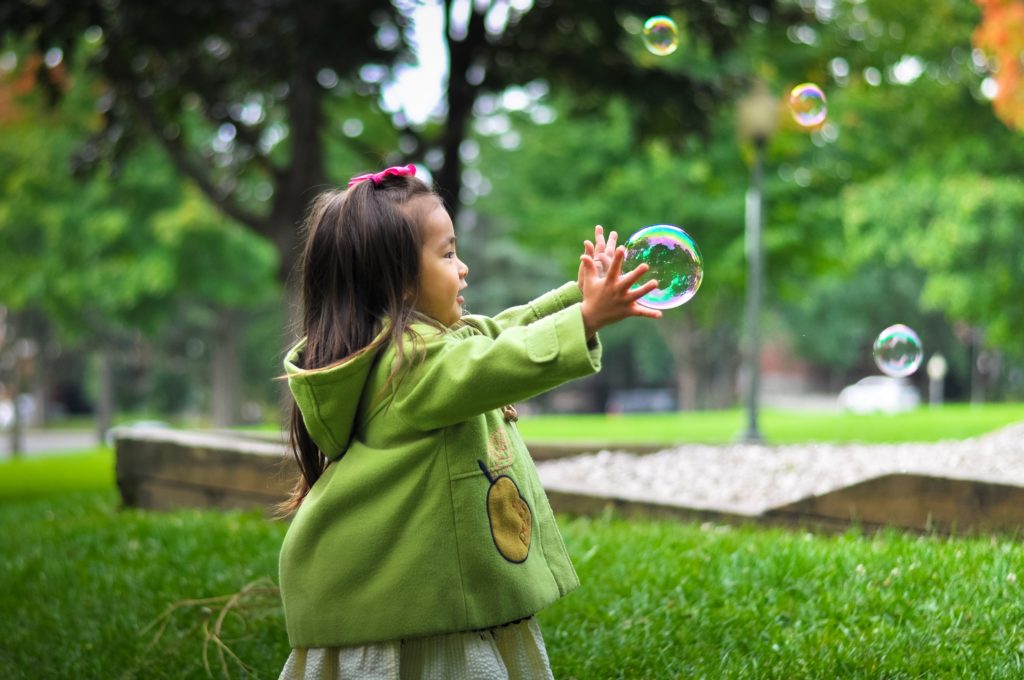
Young children prefer to learn from people who are consistently accurate and confident
At a time when scams seem all around us and fake news appears to be on the rise, you might be relieved to know that even young children show some impressive skills when it comes to identifying poor sources of information, suggests new research from the University of British Columbia.
Jan 29, 2020